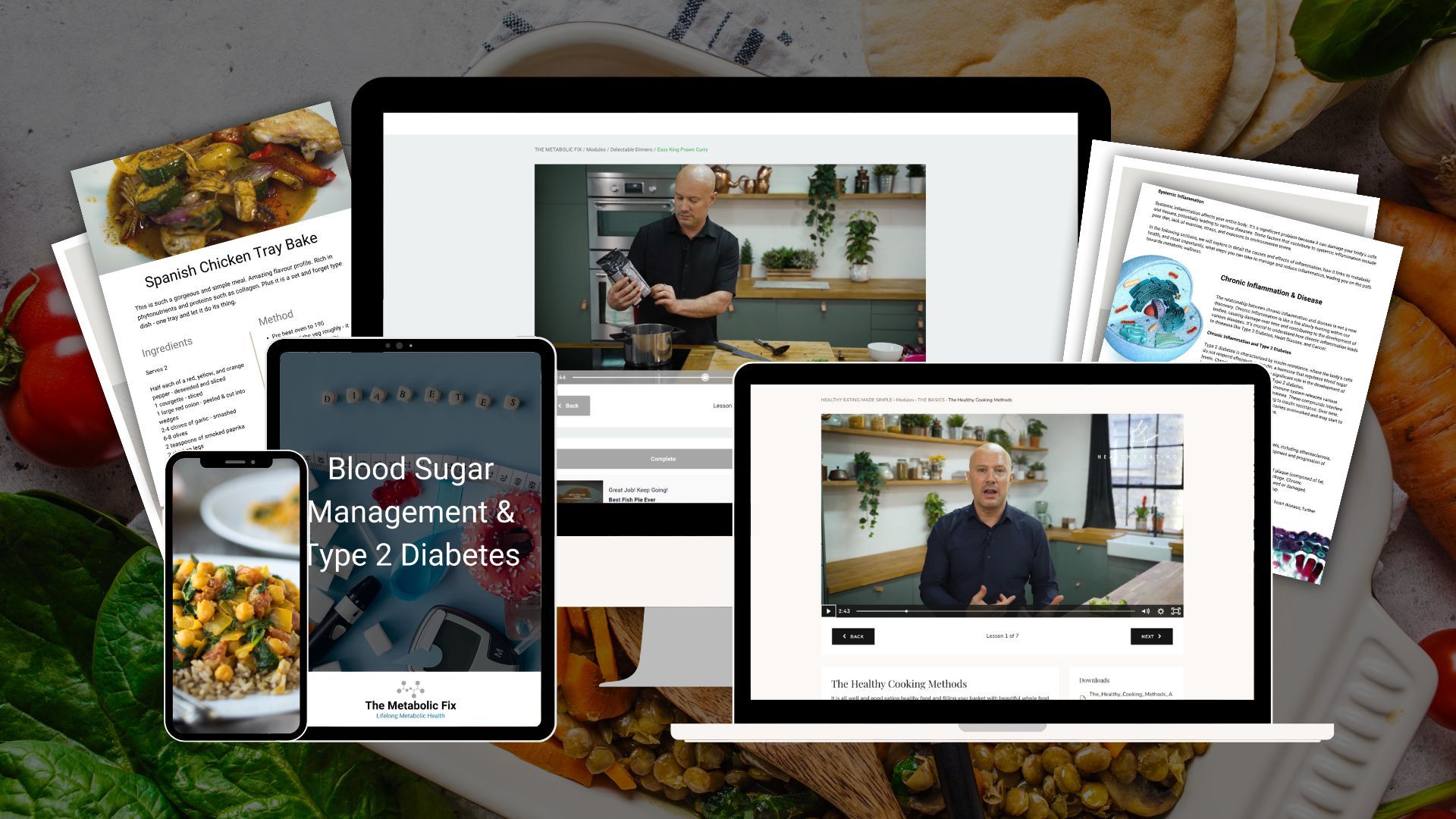The Best Foods To Fight Inflammation
Dec 30, 2023
Inflammation: It's a word we often hear, but what does it really mean? Picture this: your body, at war against invaders like bacteria and viruses. It's an intricate dance, where sometimes, the body gets it wrong, leading to conditions like arthritis and diabetes. But, did you know that what you eat can significantly sway this battle?
Inflammation: A Double-Edged Sword
Inflammation is more than just a medical buzzword. It's your body's cry for help, a signal to heal and defend itself. Yet, when this process misfires, it becomes the root of several autoimmune diseases (Harvard Medical School, 2020).
The Power of Food Against Inflammation:
1. Fatty Fish: A Deep Dive into Omega-3
Let's dive deep with fatty fish like salmon and mackerel. They're teeming with omega-3 fatty acids. Picture these as your body's inflammation fighters. They work by dialing down the production of inflammation's messengers (Calder, 2013). It's like turning down the volume on a loudspeaker. The result? A noticeable dip in inflammation markers like CRP (Kiecolt-Glaser, 2011).
2. Berries: Small but Mighty
Now, let's shift to something small but mighty: berries. These little fruits are powerhouses of vitamins, fiber, and particularly, anthocyanins. These antioxidants are like the body's peacekeepers, quelling inflammation (Basu, Rhone, & Lyons, 2010). In men who gorged on blueberries, their immune systems got a natural boost, thanks to an increase in NK cells (McAnulty et al., 2014).
3. Broccoli: The Green Champion
Broccoli, the green champion, is next. Part of the cruciferous family, this veggie is a nutritional powerhouse. Eating a lot of it is linked to a lower risk of heart disease and cancer. Why? Its antioxidants have a knack for calming inflammation (Liu, 2013).
4. Avocados
Avocados are more than just a trendy toast topper. These creamy fruits are rich in monounsaturated fats, which have a soothing effect on inflammation and heart disease risk (Li et al., 2013). They even have a compound that pacifies inflammation in young skin cells (Dreher & Davenport, 2013).
5. Green Tea
Lastly, let's talk about green tea. Renowned for its high EGCG content, this beverage is a wellness champion. EGCG is a potent antioxidant that goes toe-to-toe with inflammation and might even protect your cartilage and bones (Ahmed, 2010).
Foods to Avoid: The Inflammatory Culprits
What we avoid is as important as what we consume. Processed foods and sugars are the usual suspects, known for stirring up inflammation (Galland, 2010).
In summary, your diet is a powerful tool in managing inflammation. Incorporate fatty fish, berries, broccoli, avocados, and green tea, and you're on your way to better health. Simultaneously, cutting down on processed foods will help keep inflammation at bay.
References
- Harvard Medical School. (2020). Understanding acute and chronic inflammation.
- Calder, P.C. (2013). Omega-3 fatty acids and inflammatory processes. Nutrients, 5(3), 889-918.
- Kiecolt-Glaser, J.K. (2011). Omega-3 supplementation lowers inflammation and anxiety in medical students: A randomized controlled trial. Brain, Behavior, and Immunity, 25(8), 1725-1734.
- Basu, A., Rhone, M., & Lyons, T.J. (2010). Berries: Emerging impact on cardiovascular health. Nutrition Reviews, 68(3), 168-177.
- McAnulty, L.S., et al. (2014). Effect of blueberry ingestion on natural killer cell counts, oxidative stress, and inflammation prior to and after 2.5 h of running. Applied Physiology, Nutrition, and Metabolism, 36(6), 976-984.
- Liu, X. (2013). Cruciferous vegetables intake and the risk of colorectal cancer: A meta-analysis of observational studies. Annals of Oncology, 24(4), 1079-1087.
- Li, et al. (2013). Avocado consumption and risk factors for heart disease: A systematic review and meta-analysis. American Journal of Clinical Nutrition, 97(4), 818-826.
- Dreher, M.L.,




